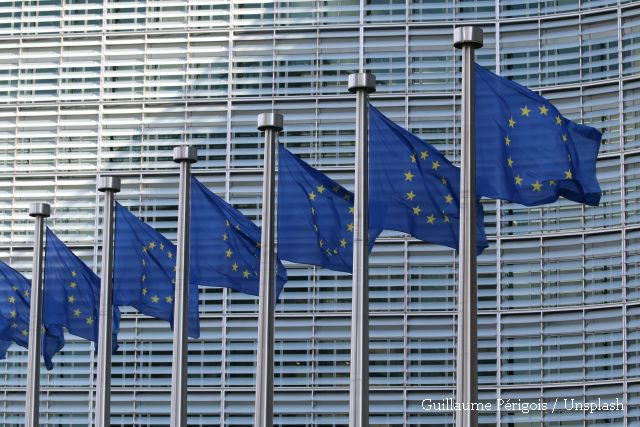Will the Cooperation and Verification Mechanism be lifted?
The European Commission considers that Romania has progressed enough so that the developments in the Judiciary should no longer be monitored through a special mechanism.

Bogdan Matei, 23.11.2022, 14:00
Admitted into the European Union on January 1, 2007, Romania has remained, until today, a potential member with problems of the community structures. The partners from Brussels have always suspected the various governments from Bucharest, regardless of their avowed ideology and the characters, long-lived or ephemeral, who led them, of trying to circumvent the principles of the rule of law, subordinate the magistrates and stop the anti-corruption fight. The establishment, from the moment of accession, of the so-called Cooperation and Verification Mechanism (CVM), was an instrument through which the European officials could monitor the reforms in the field of Romanian justice.
After almost 16 years, the European Commission considers that the progress made is sufficient to abandon the CVM. As to the three laws recently promulgated by President Klaus Iohannis – on the status of judges and prosecutors, on the organization of the judiciary and on the Superior Council of the Magistracy respectively – the European Commission considers that the opinion issued, in emergency procedure, by the Venice Commission shows that, all in all, things seem to be moving in the right direction.
The positive elements mentioned are related, among others, to the appointment of high-ranking prosecutors, to the guarantees provided against political interference in the activity of the National Anti-Corruption Directorate – DNA or the clear limitation of the powers of the general prosecutor regarding the DNA and DIICOT — the Directorate for Investigating Organized Crime and terrorism. The Commission announces that it will continue to closely monitor the revision process of the Criminal Code and the Criminal Procedure Code, but notes that, so far, progress has been made.
As seen from Brussels, the National Integrity Agency continues to show efficiency. Brussels also noted positive results as regards the investigation and sanctioning of high-level corruption. All in all, the Commission believes that, in the future, Romania must be subject to the same mechanism that applies to all member states and that links the granting of European money to the compliance with the rule of law. Procedurally, the Commissions evaluation is only a stage. The final decision on lifting the monitoring of the Romanian judiciary depends on the opinion of the Council, which includes the 27 member states, and on that of the European Parliament.
For the moment, though, the political class in Bucharest has rejoiced. Romania, President Iohannis claims, has demonstrated political will and, above all, a strong support of the citizens to correct any deviation from a democratic path and to quickly resume reforms. The authorities in Bucharest remain firmly anchored in the pro-European vision, based on unity, democracy and the rule of law – the Liberal leader of the coalition government, Nicolae Ciucă also said. “The Iohannis regime does not escape European monitoring” – believes, however, the opposition USR leader, Cătălin Drulă, who recalls that developments in the country will be evaluated through the general mechanism, applicable to all EU member states. (LS)






























